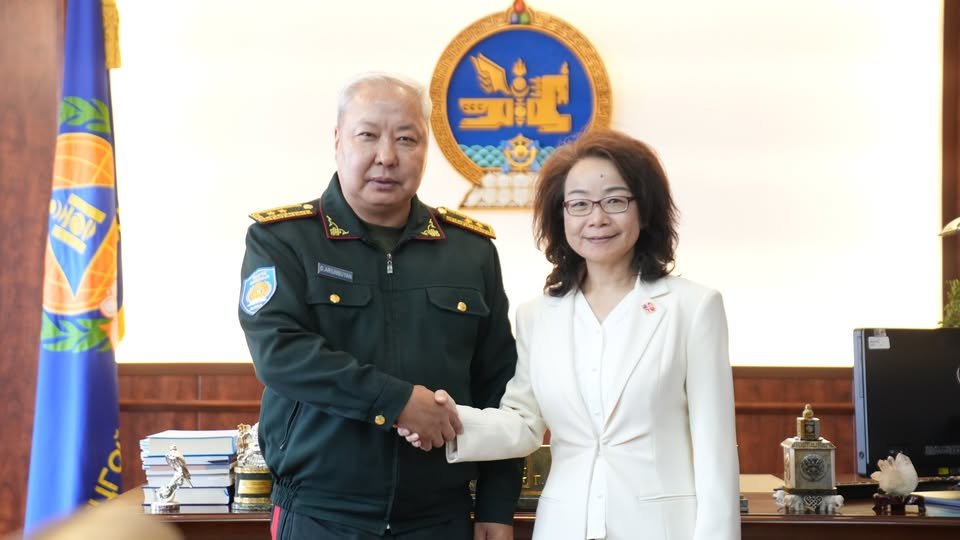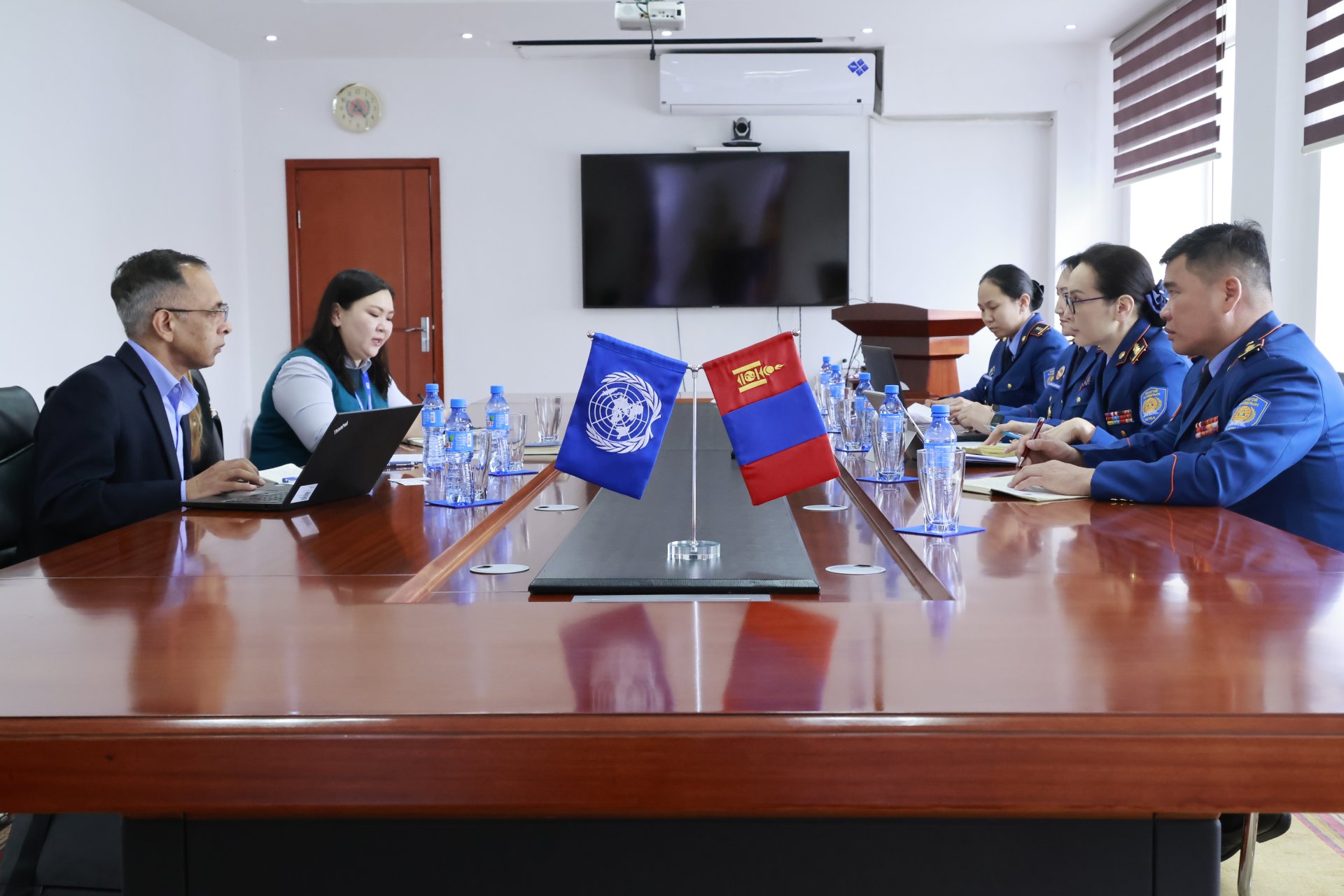The government of Japan donates sources of electrical energy, water tank, and warm blankets to the herdsman
The Japanese government sent humanitarian aid and donations to the herdsmen affected by dzud. The donation was presented by the Ambassador Extraordinary and Plenipotentiary to Mongolia, Igawahara Masaru, and representatives of JICA's representative office in Mongolia.
During the ceremony, Ambassador Igawahara Masaru expressed, "Herdsmen have lost a large amount of their livestock due to the dzud and are suffering losses. The Japanese government has sent relief goods to minimize the damage in the future. JICA International Organization, which assisted in the arrival of these relief goods to Mongolia in a short time, cooperated with NEMA. I would like to thank the National Emergency Management Agency, the State Emergency Commission, and the Emergency Operation Center of the State Emergency Commission. The Japanese-Mongolian people have been helping each other in difficult times. This is the main pillar of the relationship between the two countries. "We have prepared generators, extension cords, warm blankets, and water storage tanks. Please deliver these items to the herdsmen without delay."
The donation was handed over to the deputy chief of NEMA, Brigadier General B. Uuganbayar, secretary of UOK, Colonel T. Bayarkhuu, and other officials. The officials noted that "Winter was extremely hard, which has not fallen in the last 50 years. About 90% of the land has been covered with snow for many months. As a result, the winter has become difficult, and as of today, 5.2 million or 8.1 percent of the total herd has been reduced. The Japanese Government donation will help the herdsmen who are suffering from damage."
Copy all texts of this article
Download all images of this article
Other news

2024/03/26
Recent NewsExchange of views on bilateral cooperation
Ambassador Shen Minjuan emphasized her commitment to prioritizing and further enhancing cooperation between the two countries in the field of disaster prevention and protection.

2024/03/26
Recent NewsKey topics included setting a date for the event and finalizing the detailed organizational plan
Ulaanbaatar, May 15, 2025 – Colonel Ts. Uranchimeg, Deputy Chief of the National Emergency Management Agency (NEMA) of Mongolia, held a meeting today with Ms. Matilda Dimovska, Resident Representative of the United Nations Development Programme (UNDP) in Mongolia.

2024/03/26
Recent NewsKey topics included setting a date for the event and finalizing the detailed organizational plan
Ulaanbaatar, May 15, 2025 – Colonel Ts. Uranchimeg, Deputy Chief of the National Emergency Management Agency (NEMA) of Mongolia, held a meeting today with Ms. Matilda Dimovska, Resident Representative of the United Nations Development Programme (UNDP) in Mongolia.







